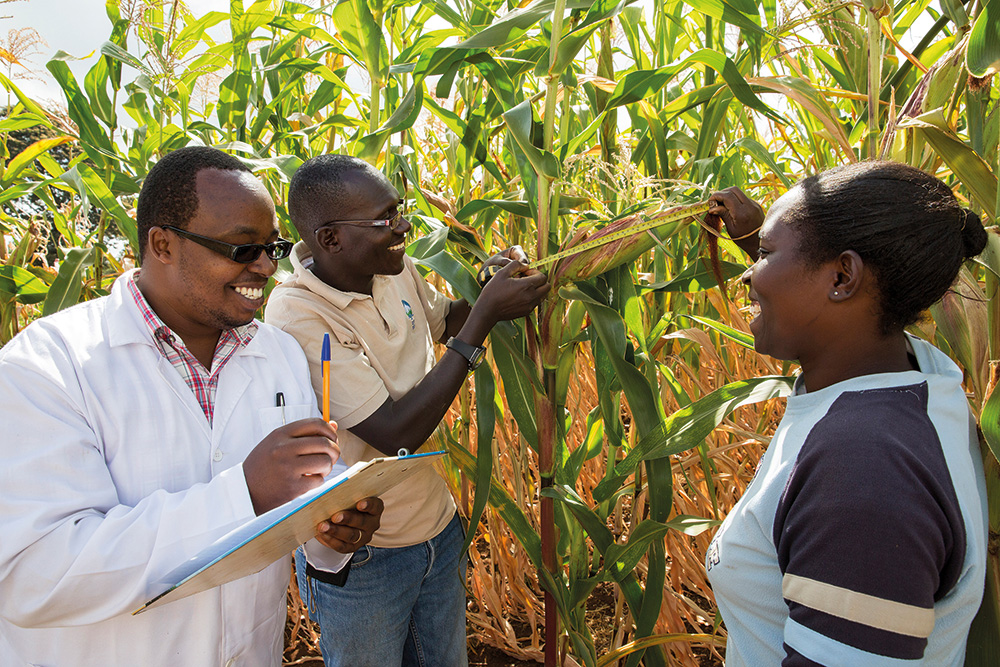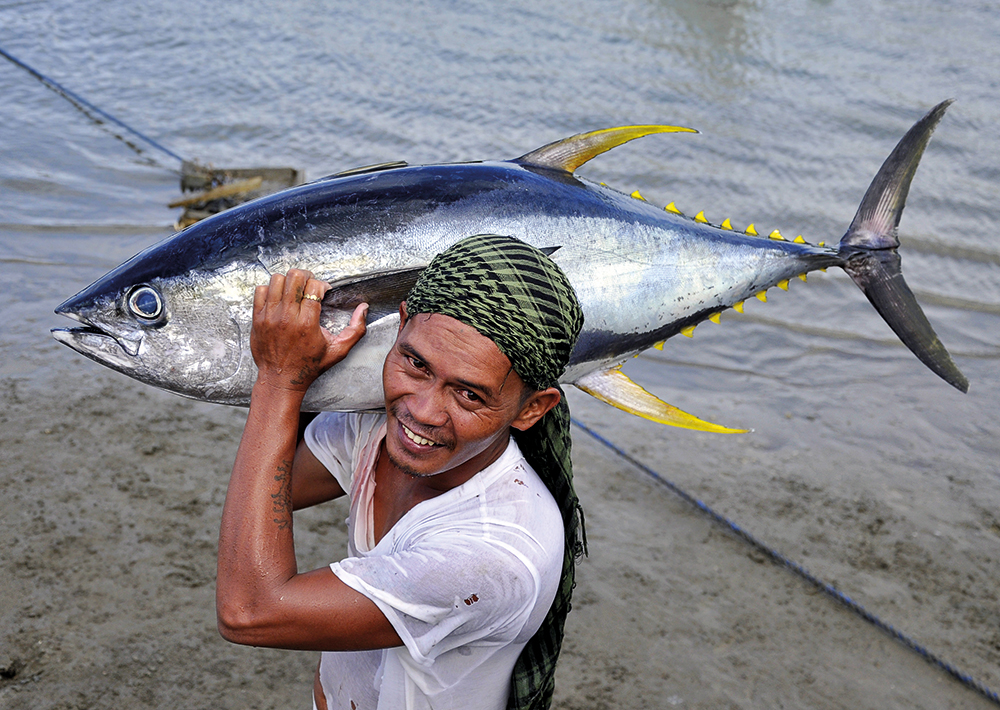Biogas in Vietnam: Simple technology with a major impact
Biogas in Vietnam is chiefly the story of the success of small domestic digesters. However, a feed-in tariff for electricity generated by biogas plants could soon lead to larger scale use of the technology, and so provide new sources of income for farmers.










